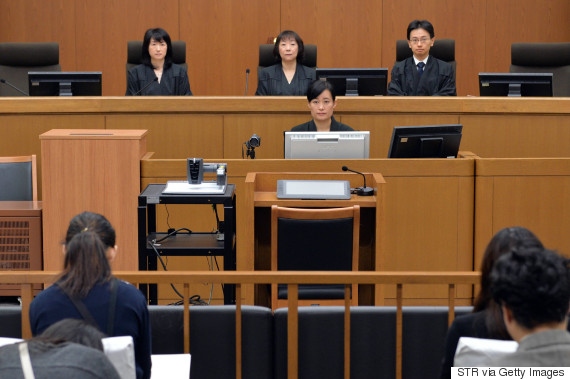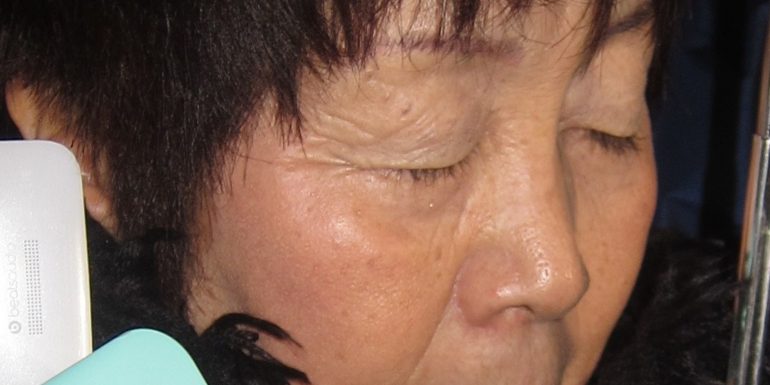The death sentence was imposed by a Japanese court on 70-year-old Tsisako Kakehi, who has been described as a "black widow", due to the murders of her husband and two partners, as well as the attempted murder of an acquaintance, in the period 2007-2013.
As reported in a Japan Times article, a Kyoto court reached this decision despite the defense's objections, citing a lack of tangible evidence. The defense also claimed that Kakehi should not be held responsible for her actions, as she had symptoms of early dementia when the murders were committed.
"It was a heinous crime, motivated by greed. "The death penalty cannot be avoided, even taking into account dementia and other factors," said presiding judge Ayako Nakagawa.
According to the verdict, Kakehi killed her 75-year-old husband, Isao, her partners Masanori Honda and Minoru Hyoki, 71 and 75, respectively, and tried to kill her acquaintance, Tosiaki Suehiro, 79, by making them drink cyanide.
According to Nakagawa, Kakehi did not care about human lives, as she committed repeated murders, while she added that she did not seem to regret or worry about her crimes. The court also stressed that she did not suffer from dementia when she committed her last crime, in December 2013.

Prosecutors said that in all four cases, the victims were deceived into drinking cyanide given to them by the indebted Kakehi, who sought to inherit their property.
Shortly after the decision, her lawyers appealed to send the case to a higher court, which means that the case may not be closed yet.
Prosecutors said she had planned her crimes, including preparing documents, tricking victims into drinking cyanide as a healthy cocktail. Defense attorneys, however, said she could not be held responsible, arguing that her dementia had progressed and that she was not even able to understand that she was being tried.
Kakehi was first diagnosed with mild dementia in 2016 and said she had trouble remembering events shortly after her arrest. The doctor who made the diagnosis, however, said she could be legally held responsible for her actions during that time period.
The defense also claimed that some of the victims may have died of disease or various drugs or poisons, noting that some of them had not undergone legal autopsies.
Kakehi was first arrested in November 2014, and charges were filed the following month for the murder of her husband, who died at the couple's home in Muko, Kyoto, in December 2013, a month after their wedding. Charges were later filed in connection with the deaths of two other men.
Kakehi was first married at the age of 24, starting a textile company in Osaka with her first husband. However, after his death in 1994, the company went bankrupt and her house was put up for auction, as a result of which she asked for a loan from neighbors. She later enrolled in a neighborhood service, seeking to meet wealthy men with an annual income of more than 10 million yen ($ 87.900). She married or had relations with more than ten men and inherited about one billion yen, although she ended up in debt due to her involvement in the stock market.
Source: HuffPost
